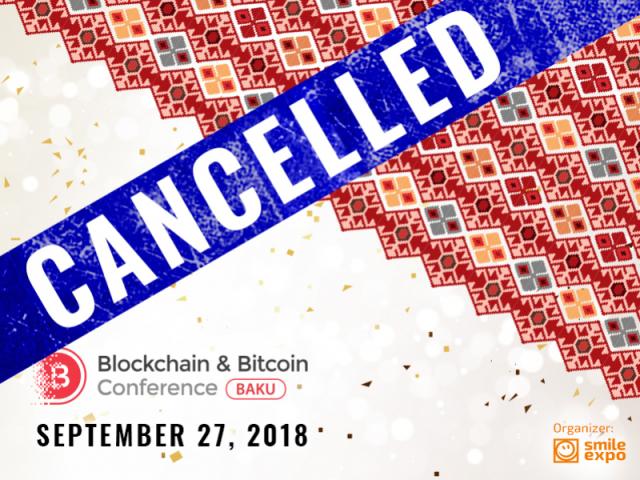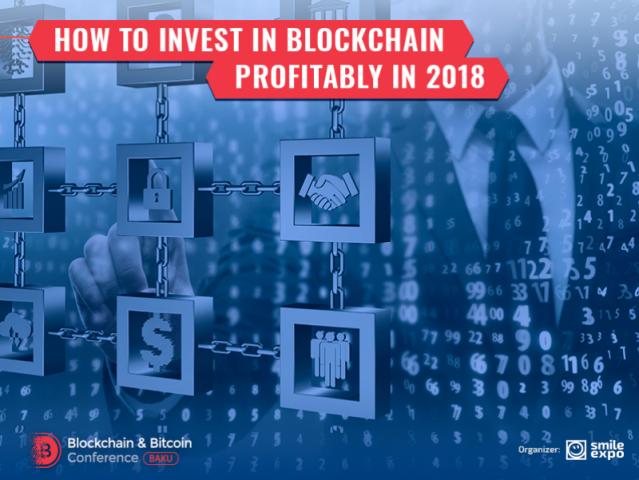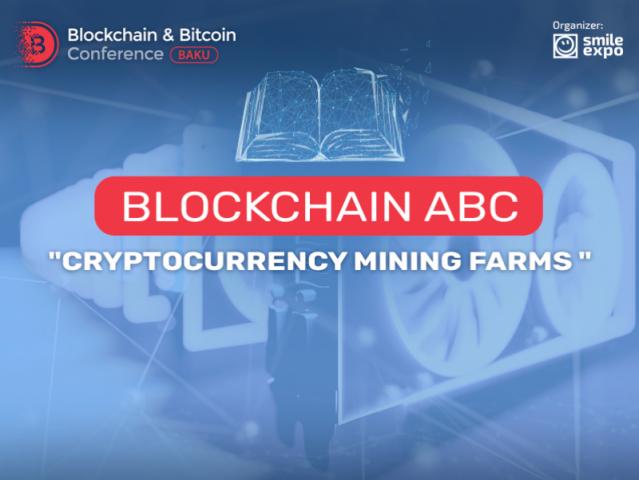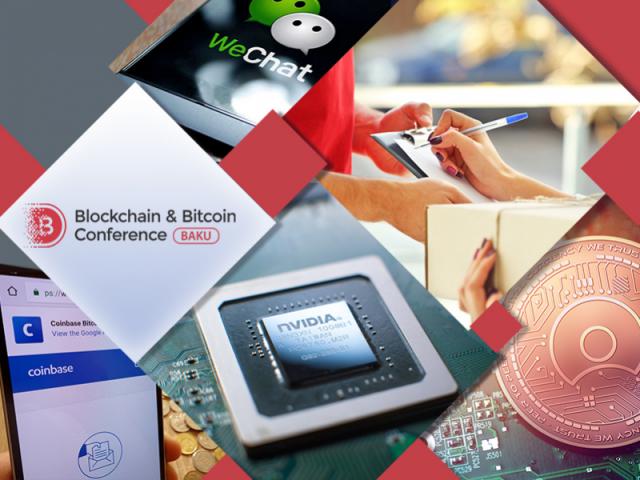Seven spheres of blockchain application: from state services to farming
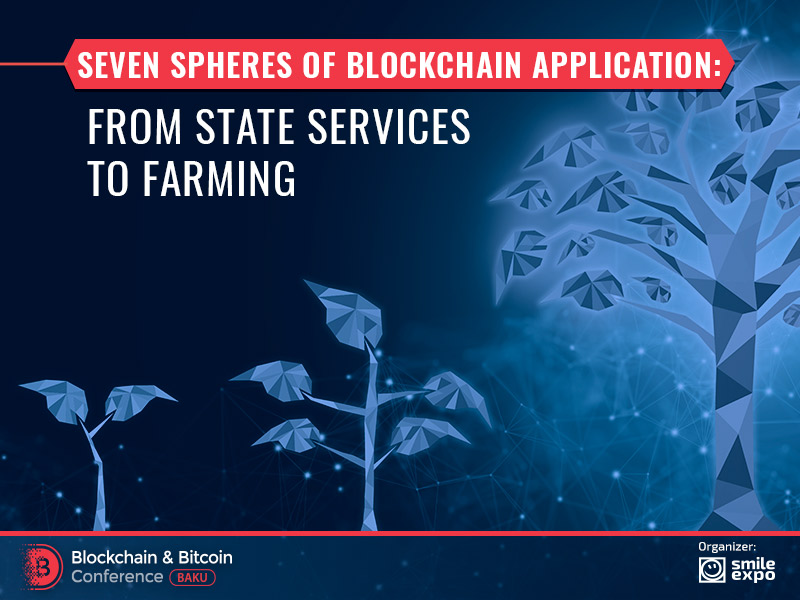
In most cases, we hear about blockchain in terms of finance. Such notions as cryptocurrency, investments, auctions, and credits are prospective but not the only directions for blockchain. The DLT is universal and exposes a wide range of possibilities. As long as developers enhance this technology and discover its new possibilities, we find out more about blockchain in healthcare, insurance, power industry, and even agriculture! Take a look at a review of nonfinancial spheres of the DLT application.
1. Healthcare
Medical facilities collect and store multiple data about patients: from age and lifestyle to results of analyses and prescriptions. Currently, the majority of them still holds paper health records since e-documents are not secure and can get lost in case of any server errors.
Blockchain will provide a solution to this problem: stored in the distributed register, health records will be hack proof and protected from technical failures.
Some companies develop blockchain-fueled telemedical services like Medicalchain. Patients and doctors wishing to provide online services register in the system. The service accepts tokens.
2. Insurance
The absence of transparency is a hot problem in the sphere of insurance. Sometimes clients do not understand the principles of payoffs and the insurance event determination. However, a smart contract offers transparent conditions to everyone, including third-party auditors. In this case, clients will not need to acknowledge data additionally.
The first blockchain-driven insurance policy appeared as far back as 2017. Such companies as American International Group, Standard Chartered Bank, and IBM took part in its creation.
3. Education
Blockchain can come in handy in detecting false diplomas: it allows to create a single base to store all the graduation documents. So, it won’t be difficult for employers to verify a diploma of employees.
Blockchain is a perfect base for distance learning resources. For example, Edgecoin offers a single network of teachers and students by means of smart contracts.
4. State services
Blockchain can accelerate and cut the cost of documents issuing, including real estate certificates. It can be introduced at any governmental agency working with data register and document exchange systems.
Currently, many countries investigate the DLT and test pilot blockchain-fueled state services. They are the Georgian Cadaster, e-voting in Zug (Switzerland), and e-Residency of Estonia. Besides, citizens and guests of Dubai would get an access to state services using temporary e-wallets with blockchain-based pre-authentication.
5. Logistics and supply chains
Blockchain can also be beneficial in logistics and supply chains. Nowadays, one needs to provide tons of documents to verify the origin and quality of goods: certificates, executive summaries, and delivery notes. Foods, medicine, and precious metals are under the toughest control.
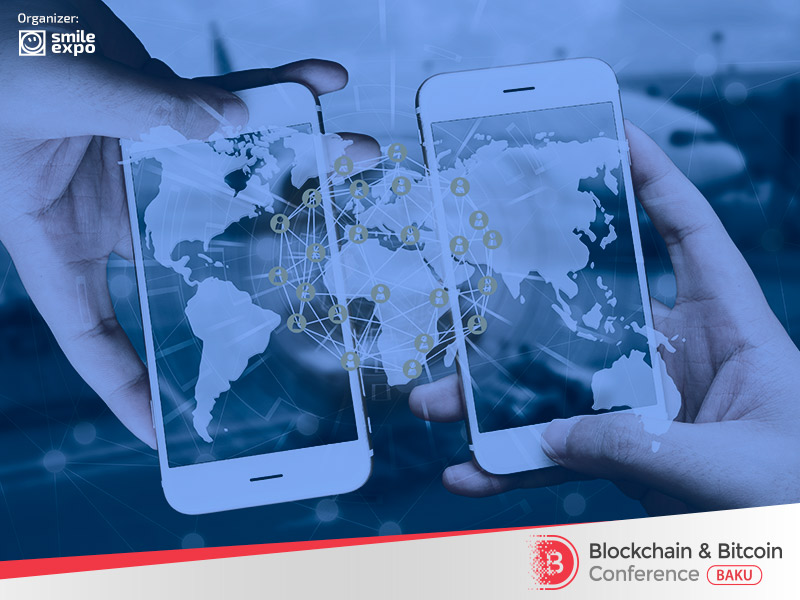
What is more, blockchain-powered data registration would significantly reduce paperwork. No one can change the data in the DLT, so no need to prove the goods origin. Besides, you can store examination results on a blockchain.
Logistics specialists expect the appearance of a single freight service, an analog of Booking that helps rent temporary accommodation. Blockchain is a way to fulfill this idea.
6. The Internet of Things
The Internet of Things (IoT) unveils the universe of smart houses and cities, devices and transport. All in all, such gadgets collect data about the world around us, exchange it, and leverage neural networks to work independently.
Blockchain now enters IoT. As the developers report, distributed storage would allow small companies to solve the problem of data storage and processing: all they need to do is to create their networks and share them with others.
7. Agriculture
Agriculture is one of conservative segments. However, it took the mankind ages to move from a plow and manual field seeding to modern agricultural equipment, automatic milking systems, and greenhouses with automatic watering systems, lighting, and environment control sensors. Is blockchain the next development stage?
Distributed registers would help farmers keep score with clients and suppliers. What is more, they would be able to participate in blockchain-based supply chains by updating the registers of goods origin and quality.
Please rate this news:
( votes, average: out of 5.)

